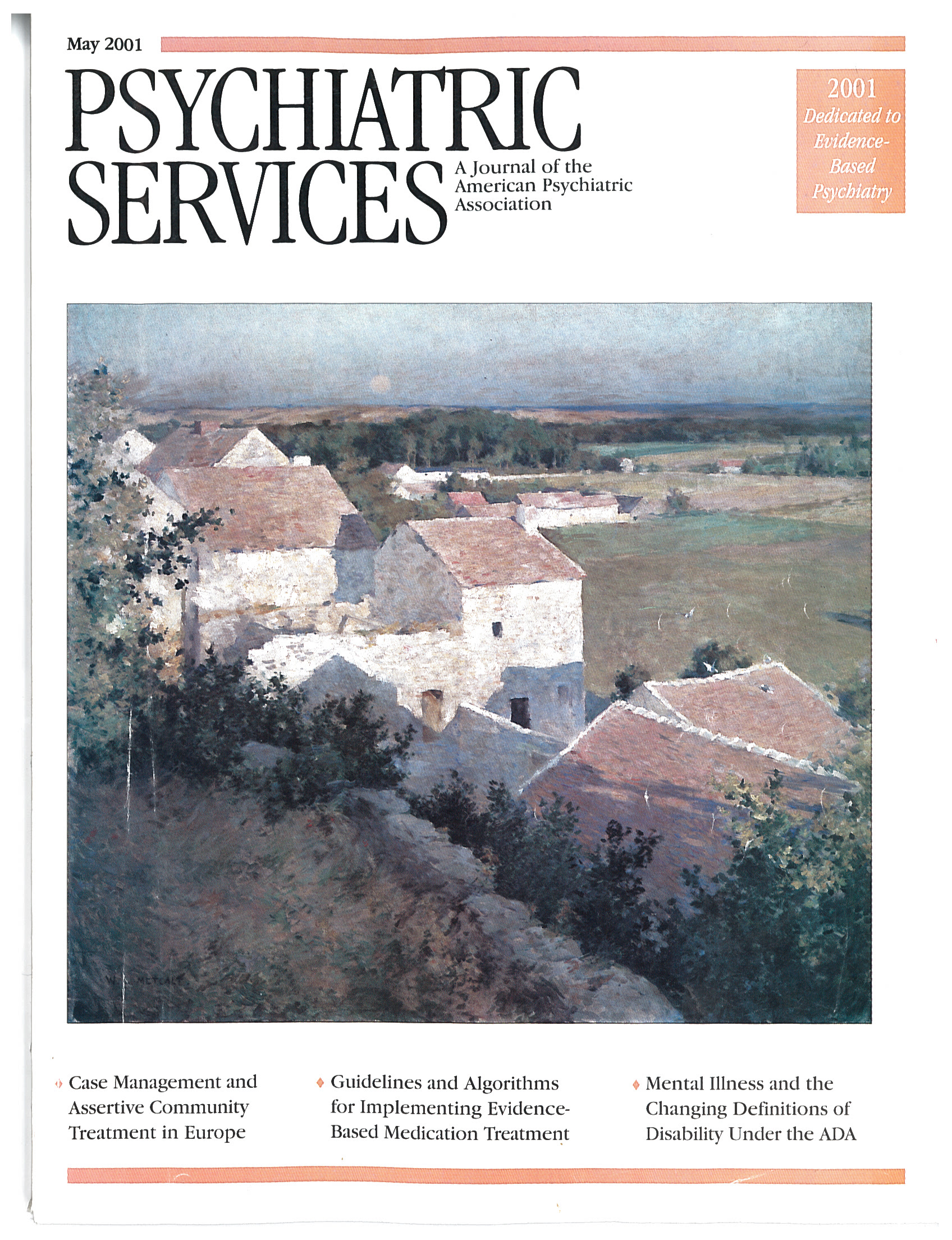Potential Overdiagnosis of Bipolar Disorder
In Reply: Dr. Hutto makes several important points in his letter. Some symptoms of mania can be applied indiscriminately. As he indicates, mild grandiosity can occur in various conditions. DSM-IV does not distinguish between symptoms that are quite specific and those that are less so, such as grandiosity. For example, reduced need for sleep and racing thoughts are specific to mania. Several variables related to course of illness that are not taken into account by DSM-IV are also relatively specific, such as a positive family history of bipolar disorder and early onset of illness.
Dr. Hutto comments that a patient might misunderstand a word such as race. Although such misunderstanding may occur, it is the responsibility of the psychiatrist to choose words that the patient can understand and to follow up on responses that are ambiguous or indicate lack of understanding. Most psychiatrists and other mental health professionals do quite well in adapting the interview to the individual patient.
Dr. Hutto is correct in saying that personality disorders are viewed as enduring patterns of inner experience and behavior. However, DSM-IV does not categorize axis I disorders solely as episodic illnesses. Rather, it provides course specifiers to indicate partial or full remission when symptoms do not continue to meet the full criteria for a disorder. Subsyndromal symptoms are strongly associated with functional impairment that is characteristic of bipolar disorder (1,2). Partly for this reason, experts in bipolar disorder recommend an illness-focused approach.
1. Angst J: The emerging epidemiology of hypomania and bipolar II disorder. Journal of Affective Disorders 50:143-151, 1998Crossref, Medline, Google Scholar
2. Gitlin MJ, Swendsen J, Heller TL, et al: Relapse and impairment in bipolar disorder. American Journal of Psychiatry 152:1635-1640, 1995Link, Google Scholar



